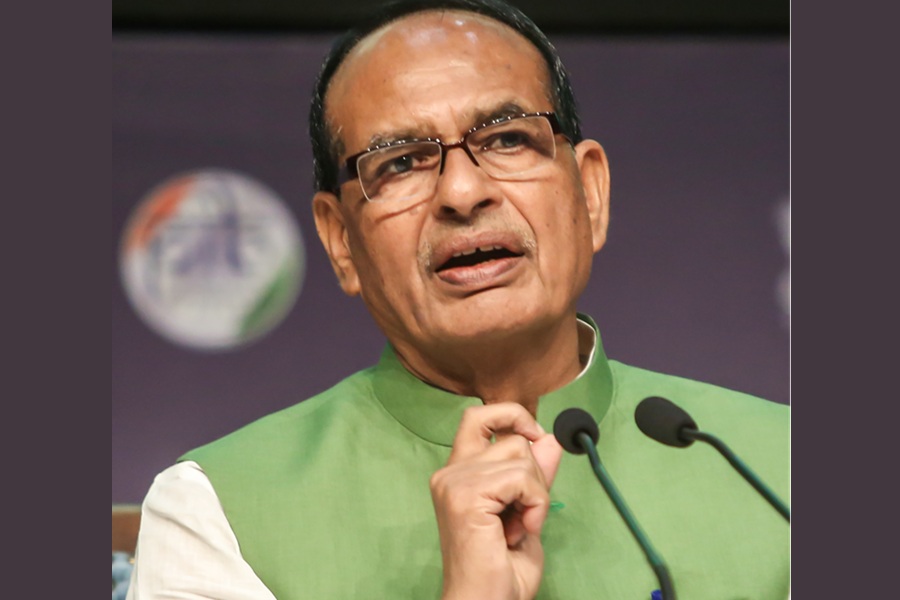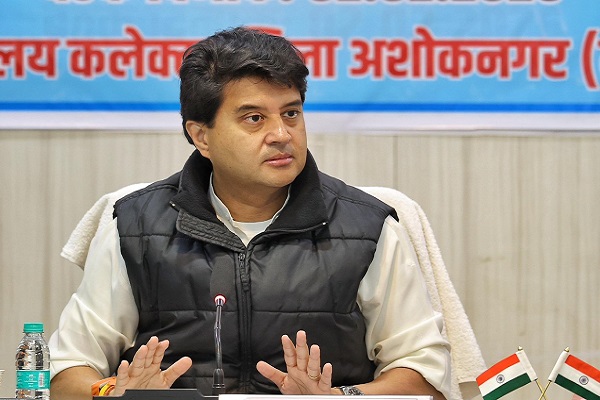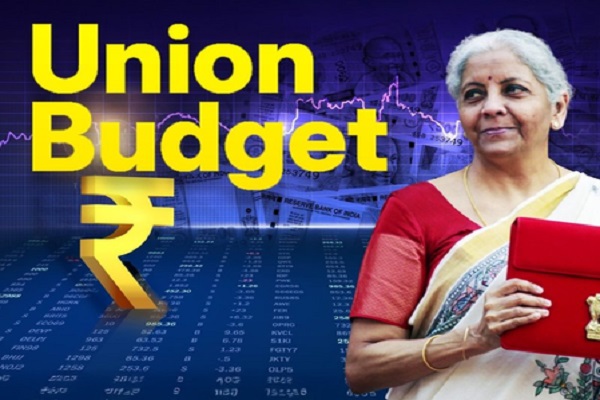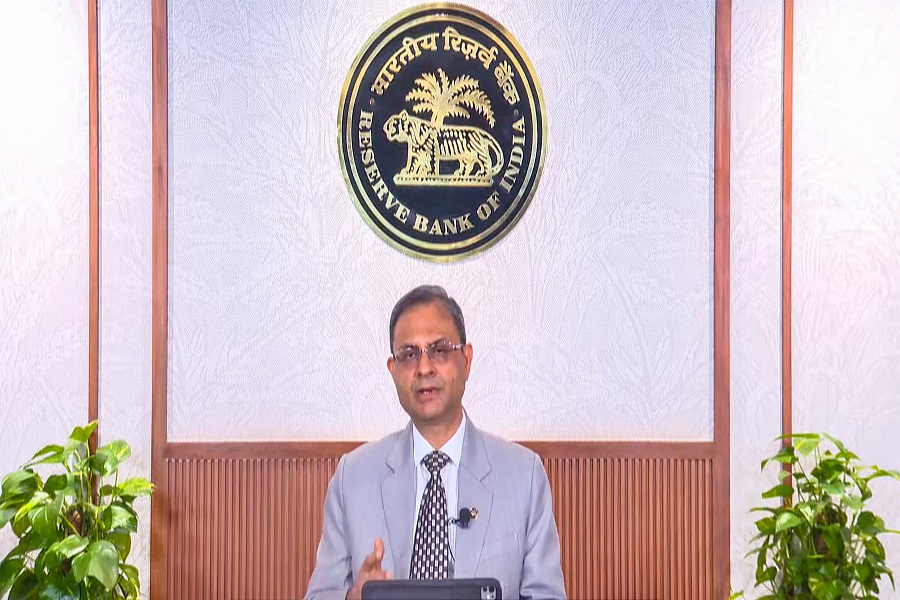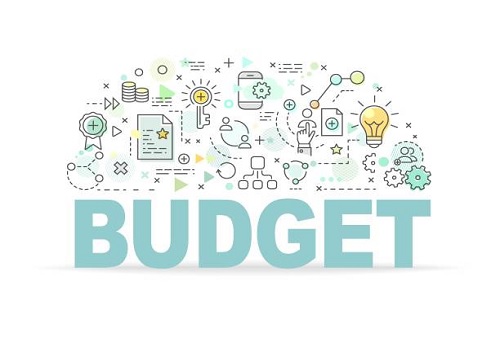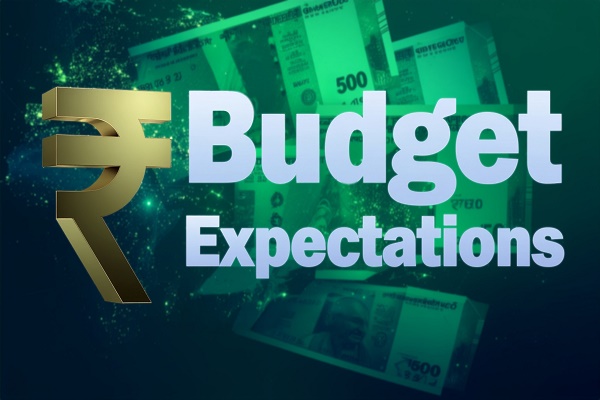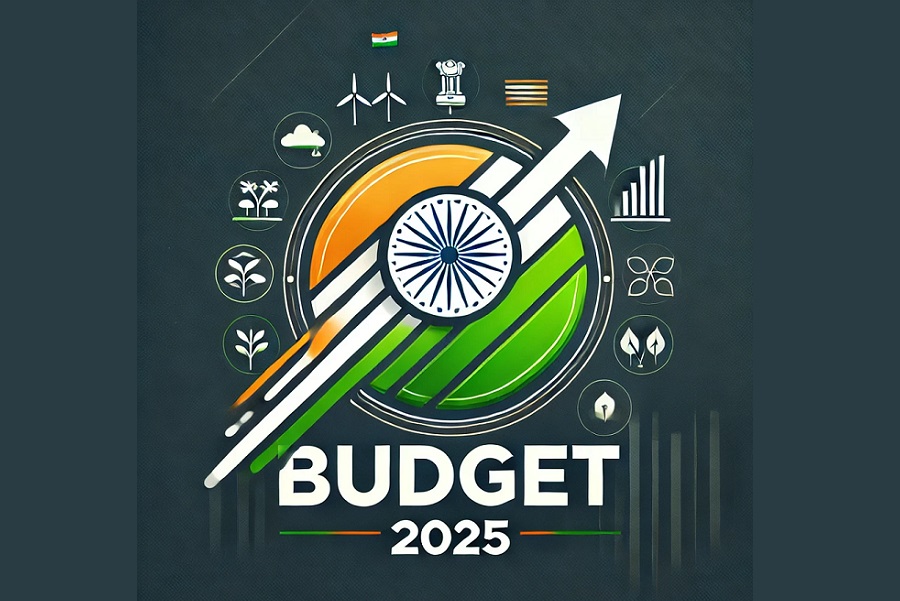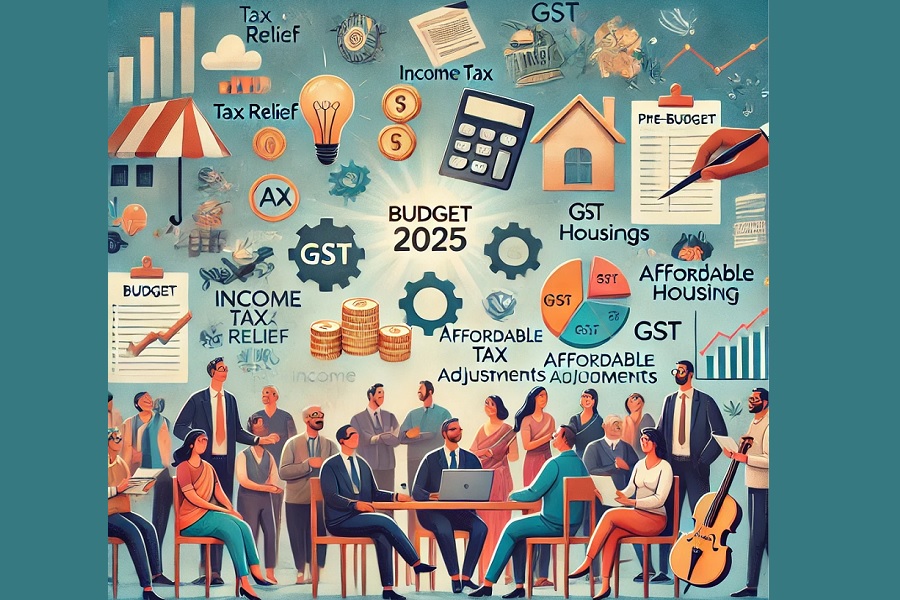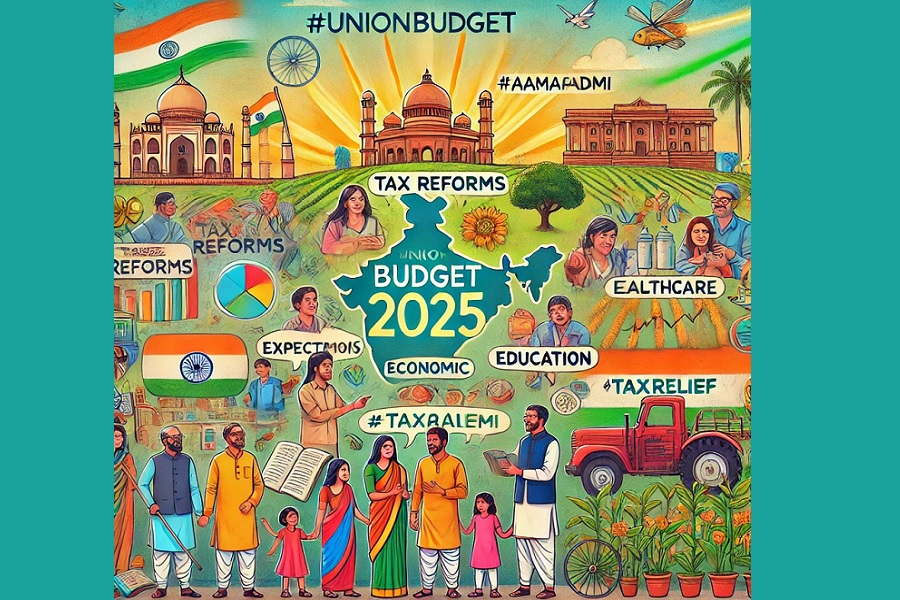Pre-Budget 2025: Expectations on Taxation Policies

As the Union Budget 2025 approaches, all eyes are on the government to deliver reforms and relief measures in the taxation space. Tax policies are a vital lever for driving economic growth, promoting inclusivity, and supporting fiscal consolidation. Here are some key expectations and predictions for this year’s budget:
1. Income Tax Relief for Individuals
Raising Tax Exemption Limits
Many taxpayers are hoping for an increase in the basic income tax exemption limit from the current threshold of ?2.5 lakh. With inflation eroding purchasing power, a revision to ?3 lakh or even ?3.5 lakh could provide much-needed relief.
Enhancing Section 80C Limits
The Section 80C deduction, capped at ?1.5 lakh since 2014, is overdue for an increase. Raising this limit to ?2 lakh or more would encourage savings and investments while providing taxpayers with additional financial flexibility.
Revisiting Slabs Under the New Tax Regime
To make the new tax regime more attractive, adjustments in the tax slabs and higher standard deductions may be introduced, making it competitive with the old regime.
2. Corporate Tax Adjustments
Rationalizing Minimum Alternate Tax (MAT)
The corporate sector anticipates a reduction in MAT rates, which would ease the financial burden on companies, particularly those still recovering from the pandemic’s aftereffects.
Incentives for Startups
Startups are seeking extended tax holidays under Section 80-IAC and relaxation in the eligibility criteria for angel tax exemptions. Such measures could bolster the innovation ecosystem and entrepreneurship in India.
Push for Manufacturing through PLI Scheme
Tax incentives under the Production-Linked Incentive (PLI) schemes are expected to further strengthen sectors like electronics, pharmaceuticals, and textiles, enhancing India’s position as a global manufacturing hub.
3. Focus on ESG and Green Initiatives
Tax Incentives for Green Investments
The government might announce tax deductions for investments in renewable energy projects, electric vehicles (EVs), and other climate-resilient technologies. This aligns with India’s commitment to achieving net-zero emissions by 2070.
Carbon Taxation Framework
India could introduce a carbon taxation policy to encourage industries to adopt sustainable practices, with simultaneous incentives for those demonstrating compliance with green standards.
4. GST Rationalization
Simplifying GST Rates
A long-awaited rationalization of GST slabs might be on the cards. Merging the 12% and 18% slabs could simplify the tax structure and reduce compliance burdens for businesses.
Relief for MSMEs
Micro, Small, and Medium Enterprises (MSMEs) anticipate higher thresholds for GST registration and compliance relief measures, fostering growth in this vital sector.
5. Boosting Capital Markets
Long-Term Capital Gains (LTCG) Tax Review
Investors are expecting changes in LTCG tax rates or tenure for equity investments. Lowering the tax rate or extending the holding period for tax-free gains could incentivize retail participation in the markets.
Tax Breaks for Foreign Investments
To attract Foreign Direct Investment (FDI) and portfolio investments, the government may consider reducing tax rates on foreign funds and providing clarity on tax treaties.
6. Digital and Crypto Taxation
Simplifying Crypto Taxation
Given the rapid growth of the digital asset sector, expectations include a clearer and more rationalized tax framework for cryptocurrencies, NFTs, and related transactions. Reducing the current 30% tax rate and introducing loss offset provisions could encourage compliance and growth in this space.
Digital Transactions and Data
To encourage digital payments, tax benefits for businesses adopting cashless payment systems could be expanded, aligning with the government’s vision of a Digital India.
7. Healthcare and Insurance
Higher Deductions Under Section 80D
The pandemic has underscored the importance of health insurance. An increase in the deduction limit under Section 80D for medical insurance premiums is highly anticipated.
Tax Benefits for Preventive Health
Tax breaks for preventive health check-ups and fitness-related expenses might incentivize healthier lifestyles among citizens.
Conclusion
The 2025 Union Budget offers an opportunity to balance fiscal prudence with growth-friendly policies. With economic recovery gaining momentum, taxpayers—individuals and corporations alike—expect measures that drive consumption, investment, and employment while simplifying compliance. Whether these expectations are met will determine how effectively the budget propels India toward its $5 trillion economy target.


